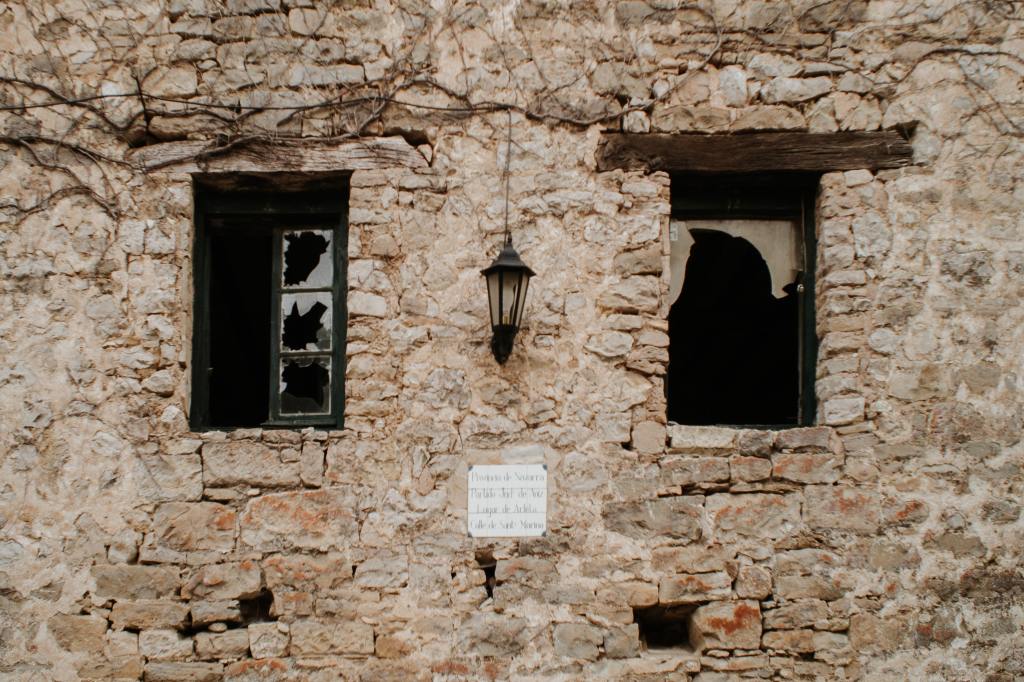
Day 22 of national quarantine, which was extended last night to April 12.
The week before the Italian government decreed a national quarantine, I lifted an unassuming book from the lounge at Gonzaga in Florence. The Merchant of Prato (1957), by Iris Origo – perhaps best-known for her non-fiction narrative War in the Val d’Orcia (1947; republished 2018) – is an archival study of the papers left by a fourteenth-century merchant and successful global business magnate, Ser Francesco di Marco Datini, who came from Prato, a town (now massive metropolitan area) just a quick hop to the north of Florence.
The author’s name is still mentioned often in Italian literary circles – indeed, when I rented a desk at the Collab of The Student Hotel in Florence, the professional translator who took the desk to my right, was working on an Italian translation of War in the Val d’Orcia. Iris was an Anglo-American aristocrat; her father, William, was born into an extremely wealthy American who married the daughter of an Irish peer in the Edwardian era. Her father so loved Italy that he traveled here often and spent significant time here, but alas, contracted tuberculosis there too, and died at 29. His widow, Sibyl, went on to marry two more times, and raised Iris in Italy, as William so beseeched her before he died. Iris was brought up in a breathtaking world of privilege, ensconced high up in the Villa Medici in Fiesole with a small army of European governesses, deftly – and deeply – educated to view Italy with a bird’s eye of both its history and landscape.
The genesis of The Merchant of Prato is remarkable. In his will, Francesco (1335-1410), who today would be described as fantastically successful and grumpy, with more than a hint of OCD, indicated that all his papers should be saved for posterity. The man was an unstoppable letter writer and recorder of his business activities, in Avignon, Prato, Florence, Catalonia, the Balearic Islands, Venice, and countless other ports of call, trading mostly in cloth, and eventually in every possible item of luxury known to the later Middle Ages – silk, stockings, linen, drape, spices, fine furniture, jewelry, beasts of burden, delicacies, glassware, and more. His papers were all stuffed into cloth sacks and stored in the basement of the City Hall of Prato – more than 140,000 pages of them. The volume of material was augmented by the addition of all missives and logbooks of other merchants who traded with him. Considering at the time the literacy rate, this is incredible. I imagine a sighing City Hall staffer dragging the burlap bags one by one downstairs, until they formed a small barricade of history against a brick wall. Fortunately the space was dry, because everyone forgot about those papers until 1870, when another sighing City Hall staffer dragged them all back upstairs again, to the astonishment of historians and scholars and archivists. The letters covered literally every possible aspect of life in an era gone dark for most people. The quotidian details of both his business and his home life are preserved in incredible detail. No paper was culled from the collection; they were all gathered together, and remained so for almost half a millennium.
I could not have picked a better companion across time and space for these anxious March days. Ser (Sir) Francesco knew his share anxiety and uncertainty, and among his concerns, his import business decisions and tax problems and fine dinner table, one of his primary concerns was plague and epidemic. He survived no fewer than six outbreaks of the Black Plague in his lifetime; the first, in 1348, claimed both his parents and launched his business career at fourteen out of necessity. Highlights in the collection include the bickering letters between Ser Francesco and his much younger wife, Monna (Lady) Margherita. (“Your words are as true as the Lord’s Prayer; however…”)
The narrative that Origo wove so well by examining the letters paints a vivid picture of life in Tuscany, when waves of plague routinely rolled through both town and country. People were much given to penitence and alms-giving as a way stave off the invisible, bloodthirsty predator (“Through propitiatory acts, men hoped to receive protection from the terrors and mysteries of life n this world, as well as God’s mercy in the next”). The panic and fear and loss that accompanied each epidemic were devastating. In 1383, he wrote, “the plague waxes in various places and spreads in this direction… I find the people here much afraid, and the deaths are beginning.” It broke out again in 1389 and in 1393. “It will come here too, and will dispel the tribulations of many folk who are grumbling now.” Plague was pretty much always on everyone’s minds. What it had taken the last time it struck, who and what had been lost, and the fear of when it might come again to towns and households. When it came, people lost their minds. City dwellers fled to the countryside for the fresh air and prayer; those in the country flooded into the city in search of physicks and priests. He praised his wife for her cool head in one outbreak, when they were separated, he in Florence, she in Prato, telling her “The wise may be known in times of need” praising her for acting well in a crisis – protecting neighbors, feeding the needy, tending to the animals.
People used to examine their conscience all the time! and tried to be better! because they were literally being chased by death – not during wartime, but by plague and infection. We have entered into a unprecedented period of global health and security, and yet few people examine their conscience anymore. People now feel such a robust safety net that extreme sports and recreational drugs are things. While certainly entertaining for many, they are pursuits that generations before us would have never dreamed of chasing. They got their adrenaline rush just by surviving the most recent outbreak, or the year, the week, the day.
The Merchant of Prato became a timely and well-written call to reconsider the counsel of our ancestors – wise, and versed in the ways of loss, fear, and anxiety. And disease, and death before eighty, which most healthy people today don’t even consider. Perhaps our ancestors perished of disease that swept away entire households and towns, babies and children and grandparents and adults of all ages in between. Fortunately for us, a baby was born in the chain that led to us, or we would not be here. Can we ask ourselves if we have, maybe, become grabby – and aggrandizing and entitled – in our demand for life, health, and certainty? (And I just have to ask, Is this what the toilet paper is all about?) We have all moved into a state of fragile communication and some distant cell memory of this precarious life, and together pick our way across this newly-plowed field.



